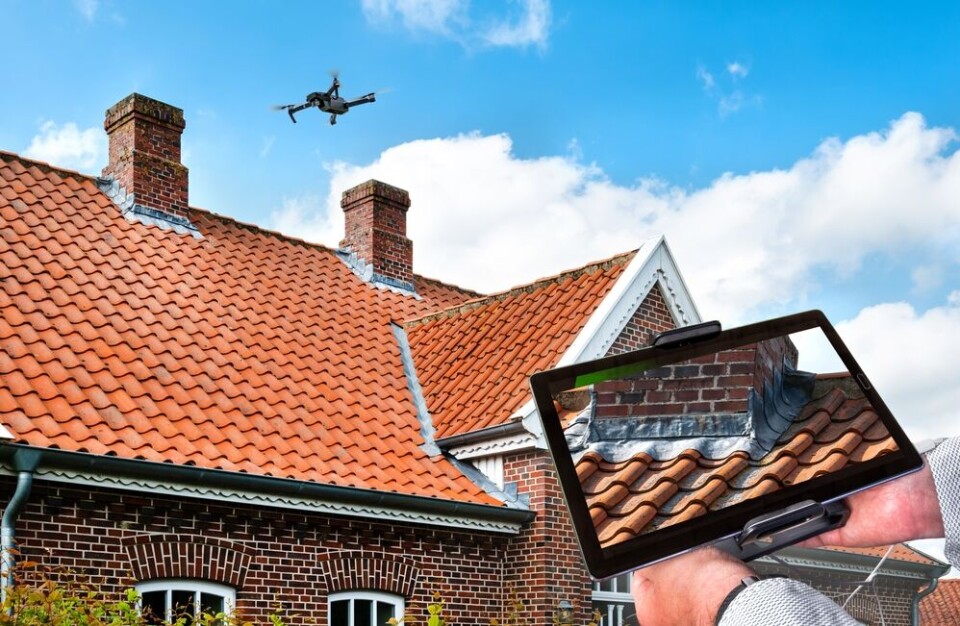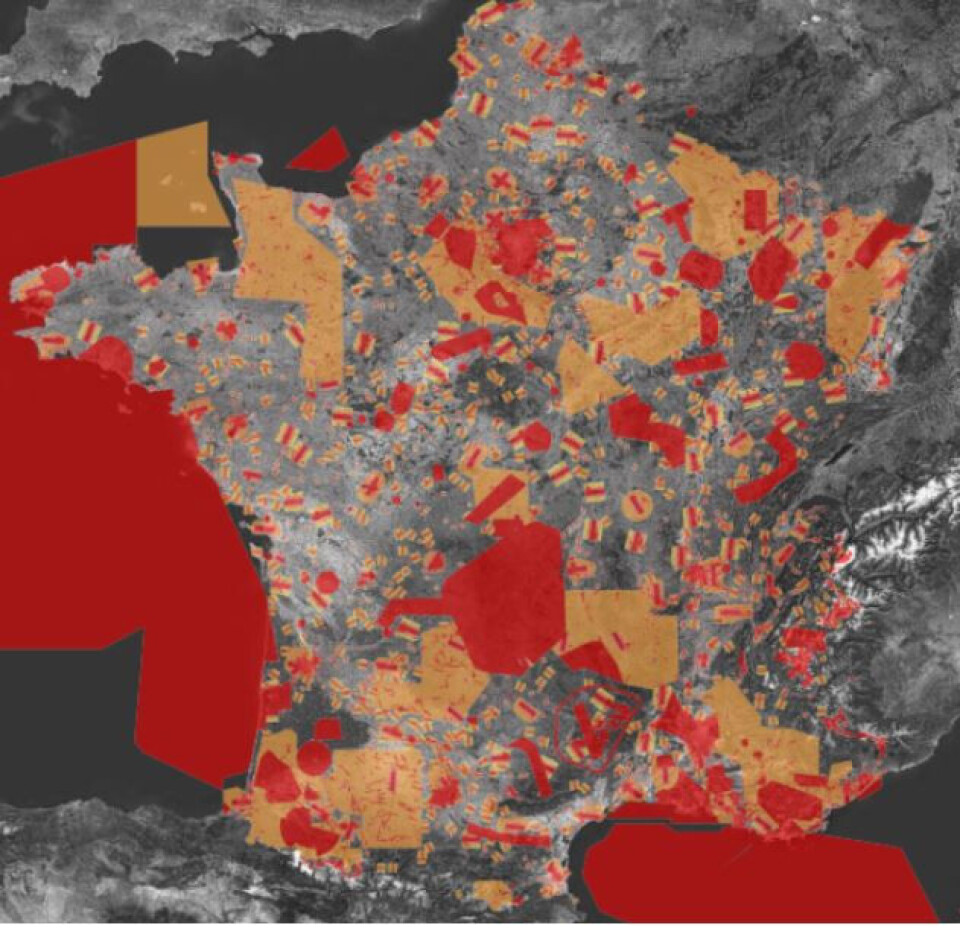-
France set to require amateur sea fishers to declare key catches
Recreational fishers who go into set zones in a boat would need to register specific catches in bid to protect fish numbers
-
Divorce costs set to rise for most in France from September
Use of mediator will help speed up cases, but comes with additional bill
-
Rules for garden barbecues in France 2025
Avoid problems with neighbours and local authorities when barbecuing in private or public spaces this summer
What are the rules for using drones in France?
We look at how you can fly and stay within European regulations

Drones are subject to stringent European regulations in France according to their power, weight and use. We look at some of the key rules you need to know to start flying.
People who saw the spectacular drone displays this summer that replaced fireworks in many areas may have been led to believe that drone pilots operate in total liberty.
In fact, current regulations are tighter than ever.
There are effectively three levels for drone operations: hobbyist, club level and professional. All are subject to the European regulations that have been in operation since 2021.
Crucially, all drones must respect the state’s no-fly-zones, which can be found on geoportail.gouv.fr. However, you may still fly on private property, such as in your own garden up to a height of 120m.
Professionally certified drone pilots can fly elsewhere within these no-fly-zones in specific situations, such as for filming, entertainment, research or agricultural reasons .

What are the rules for hobbyists?
This category includes most adults and young people who use drones for their own enjoyment.
For the smallest drones (below 250g), people should remember these basic rules:
- Do not fly over people or too close to them
- Users under the age of 14 must be supervised by an adult
- Stay below 120m
- Do not lose sight of the drone
- Do not use in a town or built-up area
- Do not use near airfields
- Do not fly near secure sites (eg. military bases)
- Do not use at night
- Respect people’s privacy
- Do not diffuse images without consent and do not make commercial use of images
- If in doubt, consult a model aircraft or drone flying club
Drones heavier than 250g must be registered on AlphaTango, the government portal for remote planes and drones.
What about club and professional level drones?
Model aircraft and drone flying clubs are a great way to fly while staying within the rules. People who wish to join a club will usually pay a membership fee to both the local club and to the national federation.
Most clubs operate in a designated area where they can fly in relative freedom. Clubs can also inform members about the certifications, examinations and regulations that are required to become a professional drone pilot.
You can find a local model aircraft and drone flying club via the Fédération française d’aéromodélisme.
Liability and insurance
If your drone damages anything, you are liable for the damage. Typically, the Responsabilité civile insurance included in house insurance contracts will cover drones weighing under 800g. Larger drones will require specific insurance.
Membership of the Fédération d’aéromodélisme also includes its own Responsabilité civile insurance.
What are the sanctions and fines for misuse of a drone?
- €450 - If you fly a drone heavier than 250g without registering it first on AlphaTango
- €450 - If you fly closer than 30m to people without certification
- €750 - If you fly a drone heavier than 800g without registering it first on AlphaTango
- 6 months in prison and €15,000 - If you fly outside of authorised areas
- 6 months in prison and €15,000 to €75,000 - If you fly a drone out of your sight
- One year in prison and €45,000 - If you use a drone to violate someone’s privacy, by filming, videotaping or diffusing their image without consent
The European guidelines for the use of drones are available in English on the website of the European Union Aviation Safety Agency.
Related articles:
Drones to carry urgent medical samples from French hospitals
Spectacular drone shows replace fireworks for France’s fête nationale
Drones can replace scaffolding to clean roof and walls of French homes
























